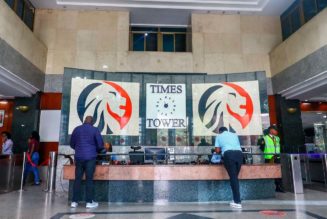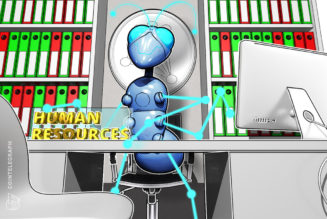
The Kenya Wines Agency Limited (Kwal) has obtained a court order blocking the government agencies from seizing its products and interrupting its business, pending the determination of a petition the alcohol maker has filed.
High Court judge Chacha Mwita blocked a multi-agency team comprising Kenya Bureau of Standards (Kebs), the National Agency for the Campaign Against Drug Abuse (Nacada), the Kenya Revenue Authority (KRA), Anti-Counterfeit Agency and the Ministry of Interior from seizing Kwal’s certified alcohol.
“I am satisfied that the petition raises genuine concerns. I, therefore, grant prayer two in the petition,” said the judge and directed the matter to be mentioned on December 4 for directions.
Kwal makes and distributes alcohol products including Hunters Choice Whisky, Kibao Vodka, Best Cream, Best Whisky, Best Vodka, County, Kingfisher, and Viceroy Brandy.
The company said it has received verbal threats from the multi-agency team and especially Kebs, threatening to close down its depots and seize its alcohol products.
The firm said the quest to tame illicit alcohol from the market cannot be generalised and if there are plans to cancel the company’s license, there is due process, reasons given, and the company is allowed to respond.
“On September 12, the team stationed police officers at Kwal’s depot in Mombasa and are continuing to unjustifiably seize certified products from Kwal’s distributors,” the firm said in the petition. The company, which was established in 1969, said the disruption of business and seizure of its products from the market is unlawful.
“Kenya Bureau of Standards and the entire multi-agency team cannot approbate and reprobate. It cannot certify Kwal products for sale and then turn around and seize the same products from the marketplace,” the firm added.
In court documents, the firm said it has invested more than Sh10 billion in its business, and part of the investment is traceable to the taxpayer.
The firm said between April and May, its agents allegedly received verbal threats to close business by persons said to be from Kebs and who were part of a multi-agency team, formed to crack down on illicit alcohol.
Kwal said the officers are often accompanied by uniformed police officers and that they never provide an explanation or cite regulatory breaches.
The manufacturer recalled that in April, the Principal Secretary of Interior Mr Raymond Omollo temporarily suspended the licenses of manufacturers of second-hand generation alcohol, pending verification of regulatory compliance issues.
The PS later clarified to Kwal in a letter on May 14, 2024, that the firm was compliant after an inspection of the factory and the manufacturer was allowed to resume production.
The firm said it resumed production until September 4 when officers from a multi-agency team visited its distributorship outlets and other business and seized its products, despite being cleared by the government.
The firm said the team threatened to close down its Mombasa depot and tow away a trailer loaded with Kwal products, which was stationed in the coastal town.
Kwal is owned by Distell which has 545.44 percent shareholding of the company, while the remaining 43.77 percent shareholding is owned by the Treasury through Kenya Development Corporation (KDC) formerly Kenya Industrial and Commercial Development Corporation.
The firm said Distell is a world-renowned South African Company and Africa’s leading producer and marketer of spirits, fine wines, and ciders ready to drink.
“In essence, Kwal is not a backstreet alcohol manufacturer but a veritable and well-established company with a respectable corporate profile and market reputation that spans more than 54 years,” the firm said.
To support the growth agenda, Kwal said it invested more than Sh4 billion in 2022 to establish a manufacturing plant at Tatu City Industrial Park in Kiambu.
“This investment is strategic and is expected to significantly contribute to Kenya’s Gross Domestic Product (GDP) and the creation of employment opportunities in the production, distribution and sales value chain,” added the company.
The manufacturer owns depots in Nairobi, Mombasa, Ruiru, Nakuru, Nyeri, Kisumu, and Eldoret from where it supplies alcohol products to distributors and consumers nationally.
The firm said it pays taxes to the government, which also regulates the business of alcohol beverage manufacturing and sale through various agencies and statutory bodies.
“Assuredly, the sudden decision of the multi-agency team to threaten to close down its depots and seize its products from the market poses an existential risk to the company,” Kwal said.









